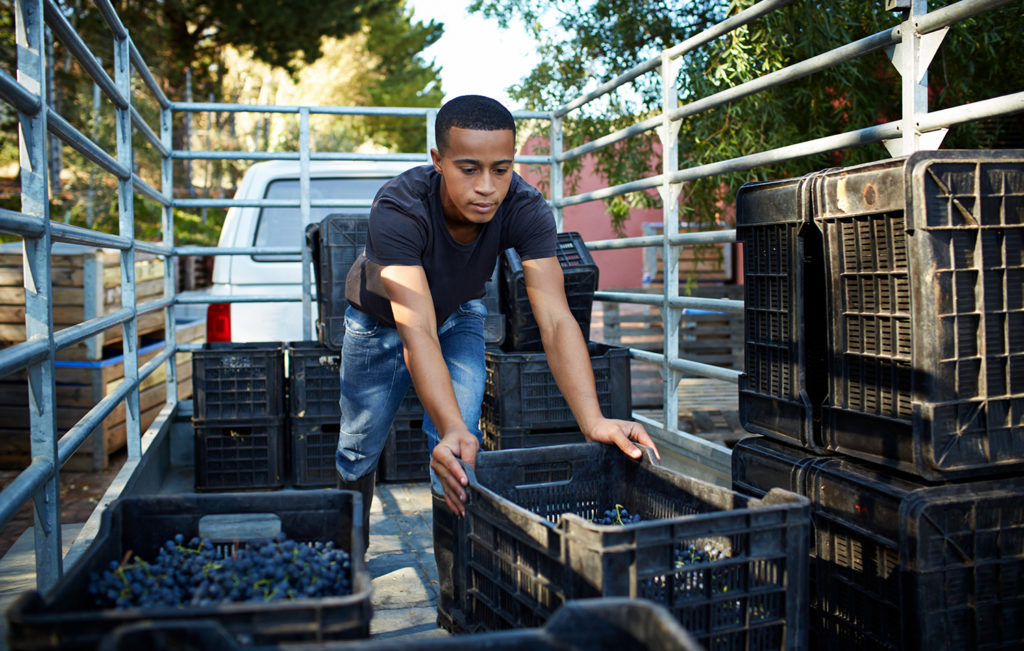Key points:
- Few people in Ireland are urgently looking for work and even among those on Pandemic Unemployment Payment (PUP), only 13% describe their search as urgent, a new Indeed survey shows.
- Care responsibilities, COVID-19 concerns and ability to get by on benefits are holding back job search among those out of work but not on PUP.
- People are keen to wait for more job opportunities before starting a new position, freeing them to take time off, or wait for the new school year or higher vaccination rates.
Ireland’s labour market has been improving as the economy reopens. Mirroring trends in other advanced economies, the rebound in labour demand has led to hiring bottlenecks in some sectors, with employers scrambling to find staff.
To help understand Ireland’s current labour market dynamics, the Indeed Hiring Lab surveyed 1,500 people in Ireland, ages 18 to 64, in July. The sample took in individuals in and out of the labour force, including employed workers, those receiving Pandemic Unemployment Payment (PUP) and the jobless. The goal is to better understand job search activity and get a sharper sense of how behaviour is changing during the economic recovery.
The survey found that few people in Ireland are urgently seeking a new job. Even among the 157,000 still on PUP, there is little sense of being pressed for work right now. Pandemic labour market supports have been extended into 2022, though PUP closed to new entrants last month and payments will be tapered starting in September.
For many jobless people, care responsibilities are an important reason not to look hard for a job or search for work at all. Others expect to return to the jobs they held before the pandemic. Concerns about COVID-19 and the ability to get by on benefits are also keeping some from searching urgently.
Many respondents reported they want to wait for more opportunities to become available rather than take any job they can find. Others want a holiday or time off before starting new employment. Still others said they were waiting until the new school year starts in autumn or vaccination coverage has risen.
Lack of urgent job search, even among the jobless
Among the employed, just 4% of full-time and 7% of part-time workers said they were urgently searching for new jobs. Most unemployed people also weren’t looking hard. Only 13% of PUP recipients and 15% of those not working and not on PUP said they were seeking work urgently.
A further 39% of PUP recipients said they were actively searching, but not urgently. Around 28% of those receiving PUP payments reported they were passively searching, while 20% were not open to searching. For those not working and not receiving PUP, 19% said they were looking for work, but not urgently. Around 21% indicated they were passively searching, while 46% said they were not open to searching.
Among those receiving PUP and not searching for work, 27% reported they were taking care of home or family, the most commonly cited reason for not looking. A further 23% said they expected to return to their job. Around 9% felt no work was available nearby, while 7% said they could get by on benefits. Students or those in training accounted for 6% of those receiving PUP and not searching for work.
Care duties and COVID-19 fears dampen urgent search among non-PUP jobless
Among those jobless but not on PUP and not urgently looking for work, 18% cited care responsibilities. Another 17% said health concerns related to COVID-19 had put them off in-person jobs, while 17% said they could get by on benefits. A further 16% said they weren’t searching for work urgently thanks to income from a spouse or partner. Some 13% reported they had a sufficient financial cushion to manage.
People happy to wait for more opportunities
When asked when they would like to start a new job, 29% said when there are more job opportunities, the most frequent response. Though labour demand has been strengthening in recent months and job postings on Indeed now surpass pre-pandemic levels, some people apparently feel available jobs are not a good match for them.
Other popular milestones for starting a new job were after taking a holiday or some time off, when the new school year starts in autumn, when more potential co-workers are vaccinated and when they or their households have been vaccinated.
Conclusion: People want to wait
Several factors appear to be holding back job search. Though appetite for labour has rebounded quickly, workers don’t seem to be ready to meet this demand. Given the pandemic’s trials and turmoil, this is not entirely surprising.
Many people report they are prioritising household care responsibilities. Lingering health concerns are another factor, with some preferring to wait until they, other members of their household or more potential colleagues are inoculated against COVID-19. Others want to take time off or wait until schools go back.
But some people apparently feel they’re likely to have better options if they wait a bit longer. Search activity may begin to pick up in the autumn, but right now there’s little sense of urgency to find new work.
Methodology
This blog post is based on an Indeed online survey conducted 12-27 July of 1,500 adults in Ireland ages 18-64. Weights were applied to each survey to match respondent distributions across age, gender, education and ethnicity based on data from the Central Statistics Office.
Statistical agencies define unemployed workers as those who are jobless and actively searching for paid work, either urgently or not urgently. Respondents who are jobless but only passively looking for work or not open to work are not included in the unemployed category, but are considered out of the labour force.






